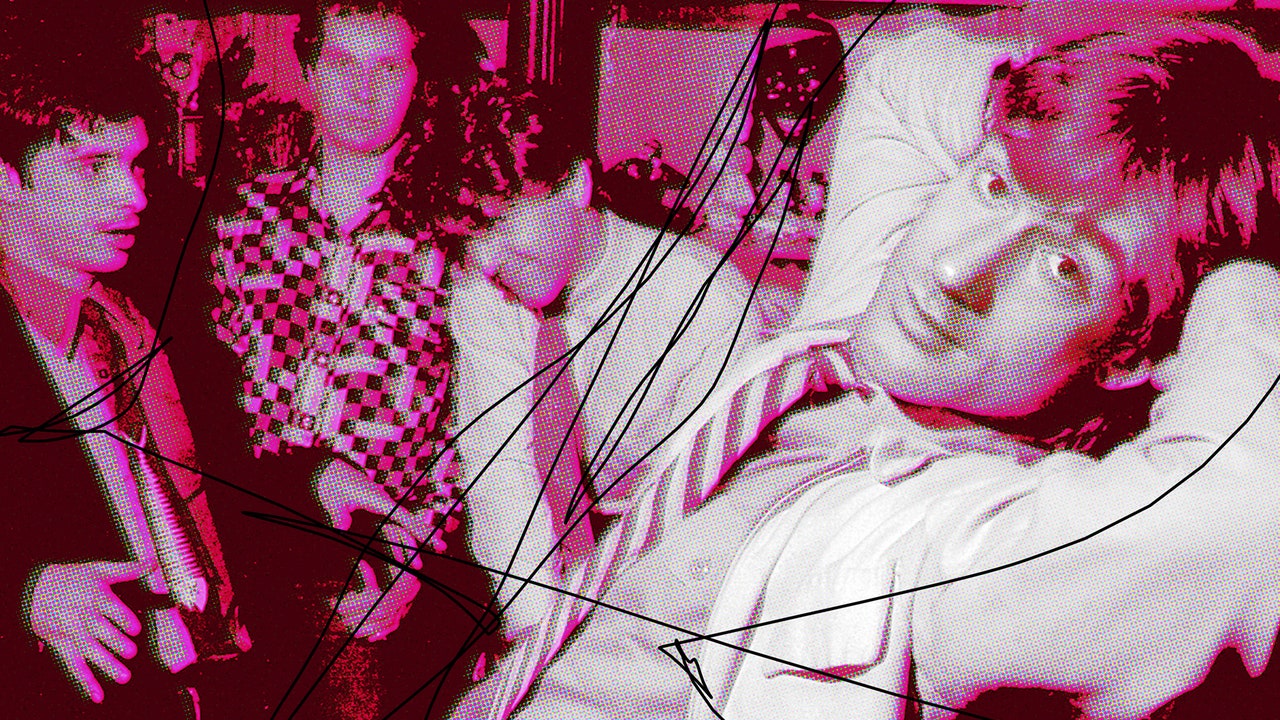You’re absolutely right; a lot of people haven’t heard of it, but it’s central to the book, because it was the secret sauce of the creation of both the reality soap opera and the reality star. An American Family was a show on PBS that was a documentary about the Loud family, an affluent family from Santa Barbara, California. It was two parents, five kids, and in the course of the series, the mother asked the father for a divorce while the cameras were around, so it happened on the air. Their oldest son was Lance Loud, who is an incredibly important historical figure, culturally. He was 19. He was gay. He was an artist. He was very influenced by Warhol. He was living at the Chelsea Hotel.
All of this stuff that I’m describing was absolutely shocking for people to see on their televisions. What I always like to say about that show is that it was made as a documentary, but it was watched as a reality show. It was received by the audience as a shocking thing where non-famous people were suddenly famous; you learned all their secrets, like a real-life soap opera. And the result was that the Louds themselves, who had really intended to participate in what seemed like a high-minded PBS documentary–
Sounds a little different than what they got.
They became national stars that people hated and loved and thought they knew. So the book traces the creation of the genre and its formats, but it also traces the creation of identities that never existed before—the “reality star.”
There are people now who set out to be reality stars on TikTok, television, or YouTube. That’s become a desired career path. Even after the reality-TV boom, people didn’t always know what they were getting into. Now it’s clear what’s going to happen. You’re going to get famous, then you’re going to have products to sell, you’re going to have a book deal.… It’s viable if you’re willing to lay it all out there.
I used to think that more than I do now. The people I write about in this book were often being cast on shows where there had never been a show like it before. Their naivete was kind of the central component of those shows. People were making it up as they went along and that’s no longer true. People who go on Survivor have watched Survivor.
Right, there are 75 seasons…
But I think because it’s a non-unionized industry where people sign contracts with extremely insidious and aggressive NDAs that forbid them from talking about how the shows are made, a lot of people think they know what they’re getting into, but they don’t. I talk to plenty of people [in the book] who are happy with their experiences on reality TV, but I also talk to a lot of people who were really traumatized, and that includes people on Love Is Blind. My piece [on cast members from Love Is Blind] was partially about the labor and legal issues, but it was also about the psychological aspect, where people think they understand what they’re in for until they’re on it. I have a lot of empathy for people on reality TV, even for the villainous figures, because the notion that you can just go out and become famous, make a living, and handle whatever’s coming to you, there’s only a small set of people that actually can handle it. And I have to say, Lance Loud in 1973 was one of them. He was a Warhol guy. He knew he was being a star.

